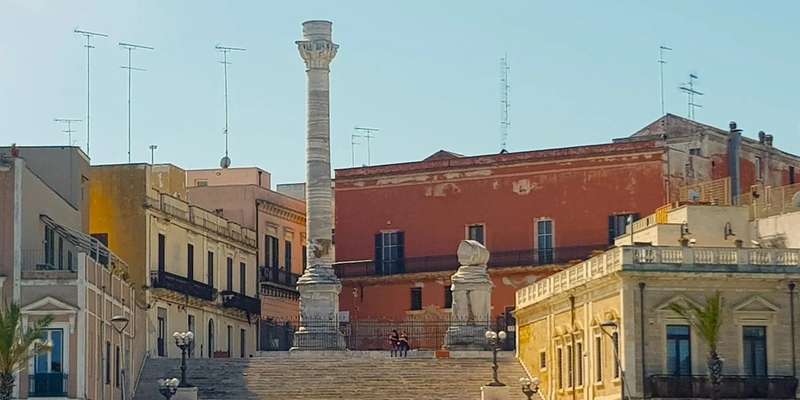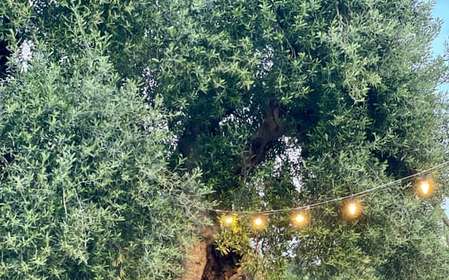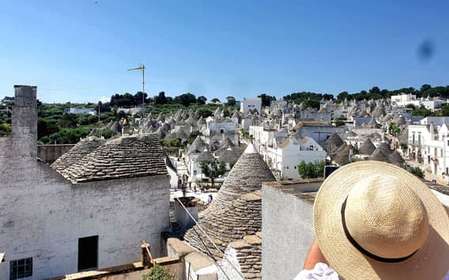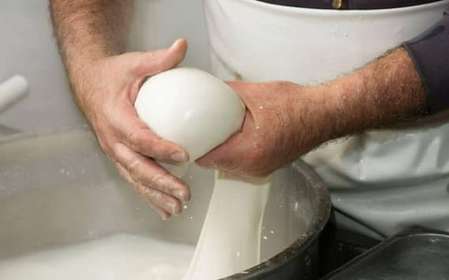- Home
- Useful Tips
- Local artisan shops in Brindisi
Finding authentic artisan shops in Brindisi can feel like searching for hidden treasure. Many travelers waste precious vacation time wandering tourist-heavy areas, only to return home with mass-produced souvenirs. Recent surveys show 68% of visitors regret their souvenir purchases, wishing they'd found more unique, locally-made items instead. The frustration is real – you want to support local craftspeople and bring home meaningful mementos, but the best workshops often remain tucked away in unassuming alleys, known only to residents. This disconnect leaves travelers with generic trinkets that lack the soul and story of true Puglian craftsmanship, missing the chance to own pieces that embody Brindisi's rich artistic heritage.


How to spot authentic artisan workshops vs tourist traps
Genuine Brindisi artisans operate differently from souvenir shops lining the cruise port. Authentic workshops typically have irregular hours reflecting the creator's personal schedule, often with 'orario continuato' signs indicating midday closures. Look for visible works-in-progress – stacks of raw terracotta, half-painted ceramics, or leather scraps indicate actual production onsite. True craftspeople usually display certificates from associations like 'CNA Artistico e Tradizionale' and price tags handwritten in Italian first. The shop location often reveals authenticity; the best ceramists cluster near the Church of Santa Teresa, while leatherworkers favor the winding streets behind Piazza Duomo. Don't be put off by modest storefronts – Brindisi's finest artisans often prioritize workshop space over flashy displays.
The best neighborhoods for traditional Puglian crafts
Brindisi's historic center holds the highest concentration of legitimate artisan studios, particularly along Via Carmine and Vico dei Pellegrini. These narrow lanes house multi-generational botteghe where you can watch artisans hand-painting the distinctive Puglian rooster motif on ceramics. For textile lovers, the area around Via Tarantino shelters weavers producing the region's iconic 'fischietti' fabrics using 19th-century looms. The less-visited Quartiere Perrino, a 15-minute walk from the Roman columns, offers unexpected finds like a family-run copper workshop crafting traditional 'caffettiera' coffee pots since 1923. Timing matters – visit weekday mornings when artisans actively work, avoiding the midday siesta when many close from 1-4 PM. Locals suggest following the sound of tapping hammers or the scent of baking clay to discover hidden workshops.
Negotiating prices and understanding artisan etiquette
Brindisi's artisans appreciate respectful engagement with their craft. While haggling is inappropriate for custom work, many offer modest discounts for multiple purchases – a polite 'Fa uno sconto per due?' (Do you offer a discount for two?) suffices. Expect to pay fair prices; a hand-thrown olive oil jug costs €25-40, reflecting hours of skilled labor. Cash remains king in small workshops, with many offering 5-10% reductions for banknotes over card payments. Observe local customs: it's customary to greet with 'buongiorno' before browsing, and never touch unfinished pieces drying on racks. Most artisans gladly explain their techniques if you show genuine interest – asking 'Quanto tempo per fare questo?' (How long to make this?) often sparks fascinating demonstrations. For special requests, visit early in your trip as custom pieces may require several days to complete.
Shipping fragile items and preserving your purchases
Transporting delicate ceramic or glass pieces requires planning many travelers overlook. Several Brindisi workshops partner with specialized shippers who provide on-site packaging – look for shops displaying 'Spedizioni Internazionali' signs. The local post office near Piazza Vittoria offers affordable 'Pacco Celere' service with fragile stickers, but for valuable items, consider DHL's art transport service available at Papier Boutique on Corso Garibaldi. Savvy shoppers bring self-sealing bubble wrap (sold at Cartoleria Moderna near the port) for extra protection in luggage. For oil-based products like handcrafted soaps, pack them in sealed plastic bags away from fabrics. Many artisans provide care cards – keep these for warranty purposes. If buying large items, inquire about EU VAT refunds for non-residents; workshops displaying 'Tax Free' signs can process paperwork saving you 10-22% at airport customs.



